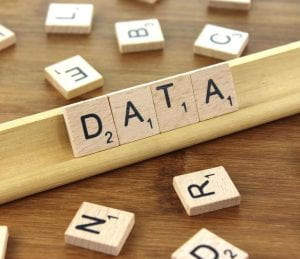by Luis Roman Arciniega Gil
[This blog is part of a series on the pandemic. The introduction to the series can be found here.]
Introduction
Two types of data enjoy freedom of movement within cyberspace networks: public data and personal data. On the one hand, at the international level, public data have been subjected to a policy of openness and spontaneous dissemination, mainly since the adoption of the G8 Open Data Charter in 2013 and the International Open Data Charter in 2015. On the other hand, personal data are generally governed by fundamental rights, namely the protection of privacy and personal data (Article 7 and 8 EU Charter of Fundamental Rights, EU-Charter). Public data are not unrelated to the guarantee of fundamental rights, especially if they are private (Lanna, 2018). Accordingly, the collection, processing and re-use of data by public or private actors is regulated by law. (more…)


